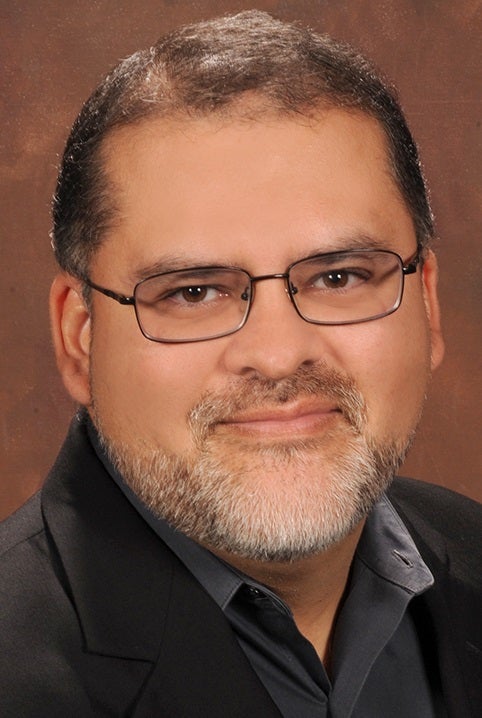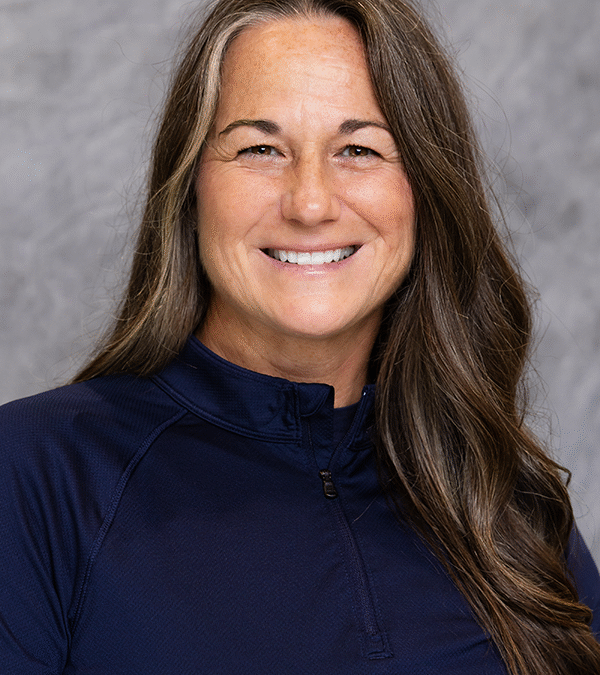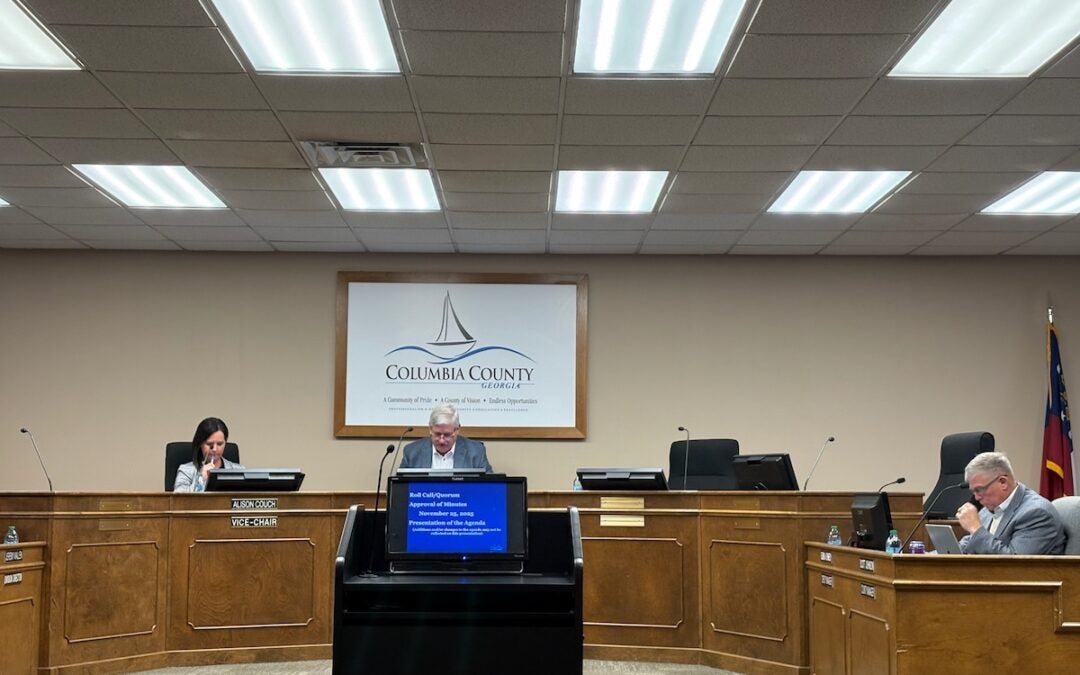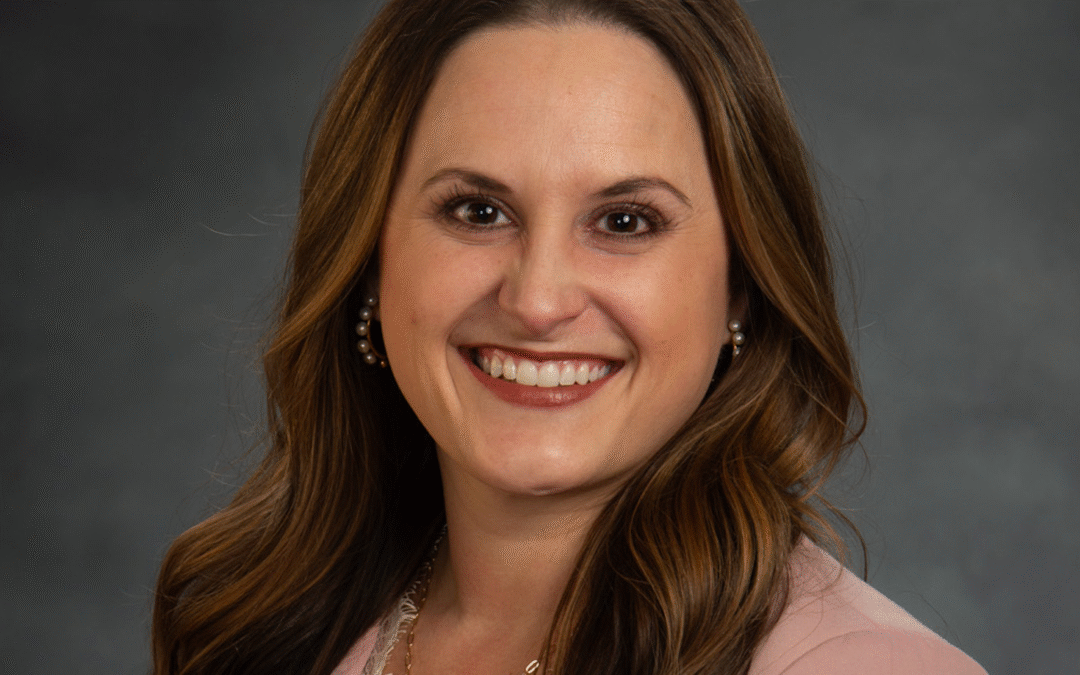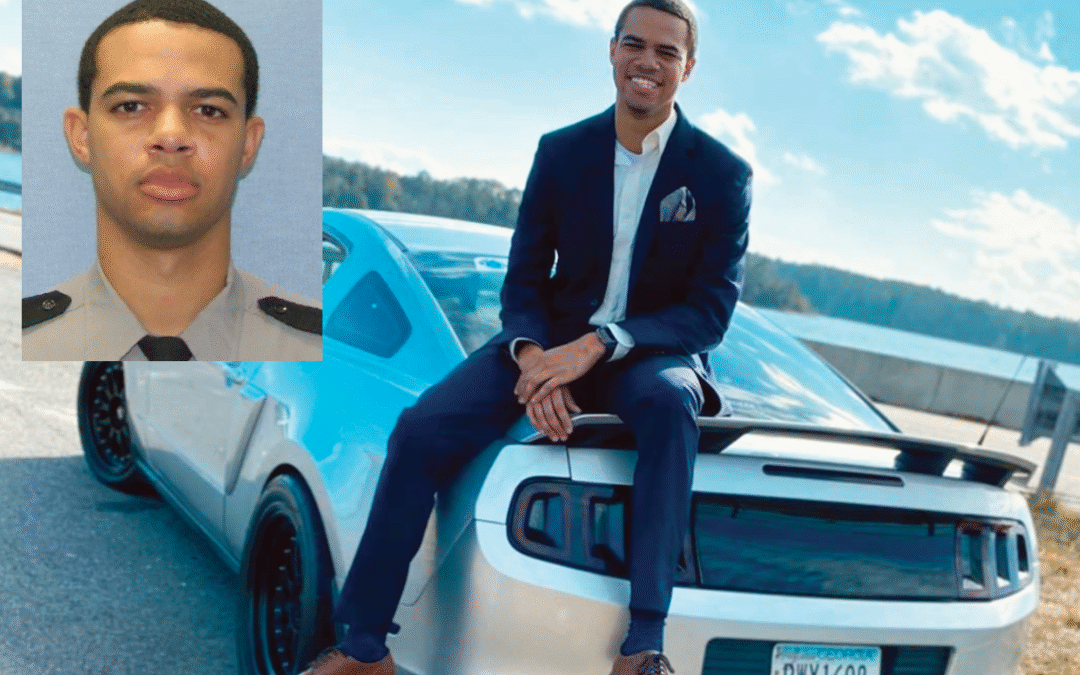An Augusta University faculty member, Juan Walker, has recently been recognized nationally for his enthusiastic dedication to humanities education.
Out of thousands of applicants from across the country, Walker, an associate professor in AU’s College of Education and Human Development, was chosen as one of 20 educators to serve on the esteemed National Humanities Center Teacher Advisory Council for the upcoming academic year.
The council plays a substantial role in supporting educators’ effectiveness in humanities classrooms throughout the U.S., and works to provide leadership, training, resources and partnerships that advance education at the K-16 level.
Focusing on building bridges between scholars and educators, those selected for the council are tasked with a one-year term of service, and will play an active role in the development, evaluation and promotion of the National Humanities Center’s educational materials and projects.
Seeking to reinvigorate curriculums by instilling them with “outside-the-box” creativity and celebrating student individuality, Walker, who has a doctorate in secondary education and teaching, said he was thrilled to have the opportunity to share ideas and looks forward to improving learning inside and outside the classroom.
“As a teacher, I always felt like curriculums were kind of forced upon us, and a lot of the things that I was told to use were not based on best practices. It was a lot of memorization; very traditional auditory and visual experiences, and I didn’t necessarily want to be that kind of teacher,” he said. “I just really want to be involved in creating a new paradigm when it comes to learning.”
Walker has already made educational strides in the Augusta area by collaborating with AU’s Art Department to create the Golden Blocks Legends Comic Book – a new collection of comics influenced by the classic “Magic Treehouse” book series that combines true accounts and accurate history with a compelling, creative storyline and colorful visuals to interest students in history and reading.
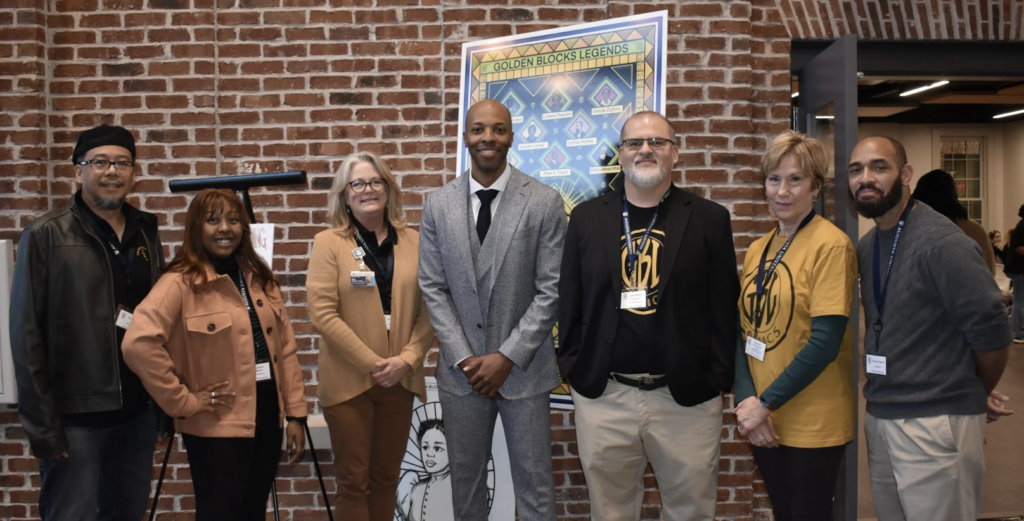
Drawing inspiration from different museums and ideas on how to incorporate toys, such as building blocks, Walker hopes to make education more adaptive for various learning styles.
“Learning should be active and students shouldn’t be sitting in chairs all day. They should be standing up and doing things – talking to each other and learning by supporting each other,” he said. “Our brains are designed to make connections … you have teachers reading from scripts and it’s not engaging.”
Fueled by his passion and desire to make education better every day, Walker said he was honored to be selected for the council not for the prestige, but rather for the chance to surround himself with those who share similar aspirations for improving humanities in classrooms.
“I was just glad that [the National Humanities Center] agreed with how I teach my courses here,” he said. “It really comes down to ‘what’s the purpose of education?’ Is it to create individuals that can focus better on the future, or create individuals that can stand in line more efficiently than another group of students?”
Wanting to propel a new normalcy for congratulating students on their unique methods of learning and understanding educational material, Walker said he hopes his ideas and committee activism can reach new success rates and increase learning engagement.
“As a curriculum person, my main goal is to ‘disappear’ and let the teachers be the experts. So we’ve talked about giving them different pins that showcases their level of training,” he said. “Teachers need to take more ownership of curriculums; once they do have that ownership, that’s how you know students are going to be successful.”
For more information about the council, please visit: https://nationalhumanitiescenter.org/education-programs/teacher-advisory-council/

